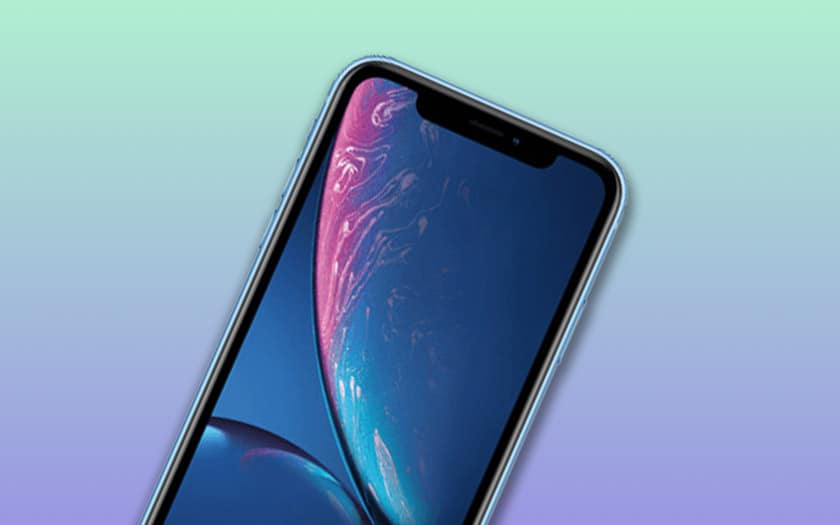
Which ?, the British equivalent of the UFC-Que Choisir, accuses Apple of exaggerating the announced autonomy of the iPhone, reports Digital Trends. "We have tested nine iPhone models and found that not all of them meet Apple's promise of self-sufficiency," the organization says on its website.
Apple would greatly exaggerate the promised autonomy of the iPhone, accuses Which
According to the tests carried out, the autonomy announced by Apple would systematically be 18 to 51% higher than the autonomy noted. In his press release, Wich? highlights the case of the iPhone XR. "The battery lasted 16 hours and 32 minutes, while Apple promised a 25-hour battery life, 51 percent more," says the consumer advocacy association.
During our test of the iPhone XR, we were positively surprised by the autonomy of the smartphone. It is indeed easy to have a day and a half of autonomy in case of full use, which coincides with the promises of Apple. Nevertheless, Wich? was rather interested in the conversation time in a single charge, which obviously changes the deal.
Not surprisingly, Apple has stepped up to defend the autonomy of its iPhone. "We rigorously test our products and we guarantee the life of their batteries. Thanks to the tight integration between hardware and software, the iPhone is designed to intelligently manage power consumption to maximize the life of its battery. Our test method reflects this intelligence. Which? did not share his methodology with us. We can not compare their results to ours, "says Apple. In the process, the group proposes to discover in detail its methodology on its website.
As part of his study, Wich? tested other brands of smartphones. Like Apple, HTC has been pinned for a real autonomy found very different from that promised. The Taiwanese group, for its part, admitted that "differences in configuration and test environments may result in variations from the figures indicated". In contrast, Samsung, Sony and Nokia have underestimated the autonomy of their smartphones in case of call. What do you think of the Which? Are the variations innocuous and inevitable? Have you noticed significant variations in your personal experience?

